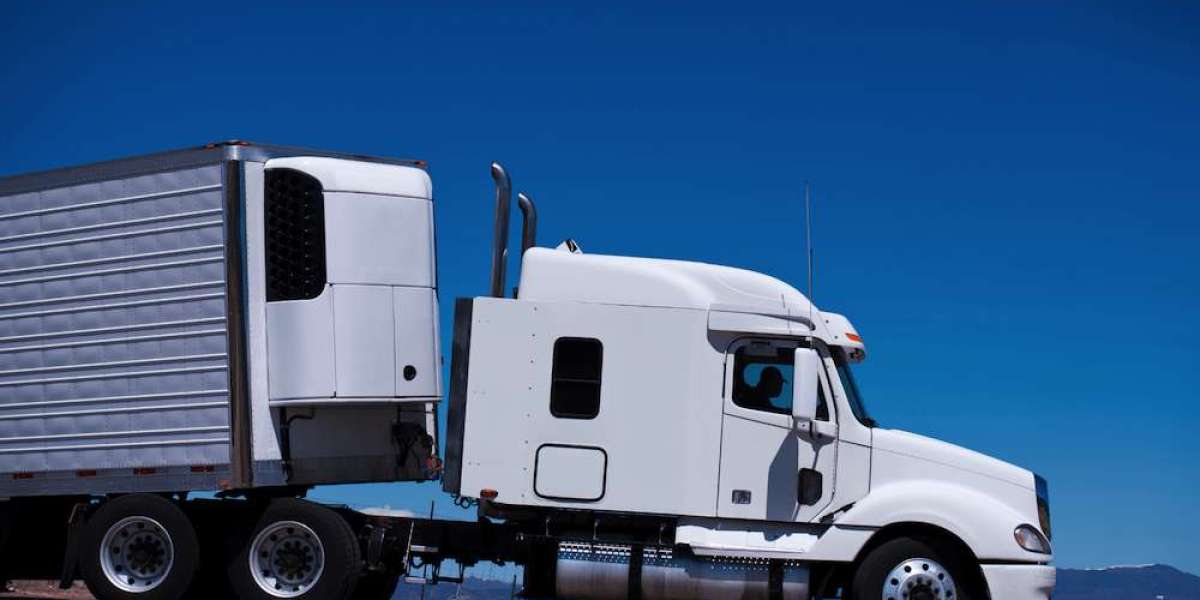In a world increasingly reliant on global supply chains and fast delivery times, long haul trucking services play a critical role in keeping businesses and consumers connected. From cross-country freight deliveries to time-sensitive shipments, the long haul trucking industry is the silent engine driving economic activity across nations.
What is Long Haul Trucking?
Long haul trucking, also known as over-the-road (OTR) trucking, involves transporting freight over long distances—typically across states or even national borders. Unlike local or regional trucking, long haul services can span hundreds or thousands of miles, often requiring drivers to be on the road for several days or weeks at a time.
These services are crucial for industries like retail, manufacturing, agriculture, and construction, which depend on a reliable logistics network to receive raw materials and distribute finished goods.
Key Features of Long Haul Trucking Services
Nationwide and Cross-Border Coverage
Long haul carriers offer expansive geographic reach, connecting distribution centers, ports, and businesses across vast distances.Specialized Equipment
Depending on the cargo, long haul trucking fleets may include refrigerated trucks (reefers), flatbeds, dry vans, or tanker trucks to meet specific transportation needs.Advanced Logistics and Tracking
Modern long haul trucking services use GPS tracking, telematics, and logistics software to ensure route optimization, fuel efficiency, and real-time updates for clients.Regulatory Compliance
Carriers must comply with Department of Transportation (DOT) regulations, Hours of Service (HOS) rules, and cross-border documentation when applicable.Experienced Drivers
Long haul trucking demands skill, endurance, and commitment. Professional drivers are trained to handle various road conditions, adhere to safety protocols, and manage their schedules to stay compliant and efficient.
Benefits of Long Haul Trucking for Businesses
Reliable Delivery Times: With set schedules and optimized routes, long haul trucking ensures timely freight delivery.
Cost-Effective for Large Loads: Shipping high-volume freight over long distances is often more economical by truck than by air or rail for many businesses.
Flexible Solutions: Whether it’s full truckload (FTL) or less-than-truckload (LTL), companies can scale their shipping needs accordingly.
Challenges in Long Haul Trucking
Driver Shortages: The industry continues to face a shortage of qualified drivers, increasing the pressure on existing personnel.
Fuel Costs: Fluctuating fuel prices can impact service rates and operational costs.
Regulatory Changes: Adapting to evolving safety and emissions regulations requires ongoing investment in compliance and technology.
The Future of Long Haul Trucking
Innovation is transforming the long haul trucking landscape. Autonomous trucks, electric and alternative-fuel vehicles, and AI-driven logistics are paving the way for greater efficiency and sustainability. Moreover, companies are focusing more on driver well-being, offering better pay, improved work-life balance, and modernized fleets to attract and retain talent.
Final Thoughts
Long haul trucking is more than just moving goods from point A to point B—it's a vital component of the supply chain that keeps industries running and shelves stocked. As technology and logistics evolve, the importance of reliable, adaptable long haul trucking services will only continue to grow.



